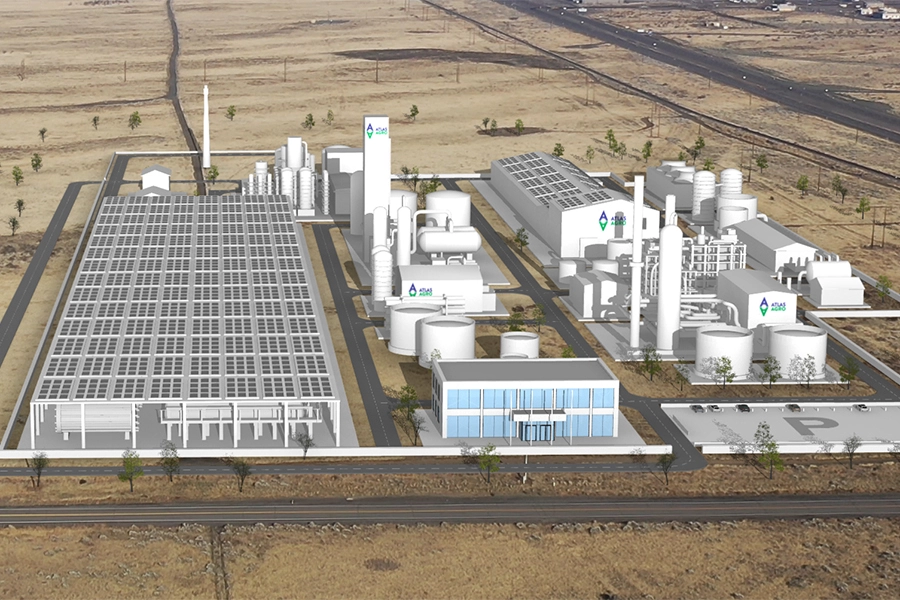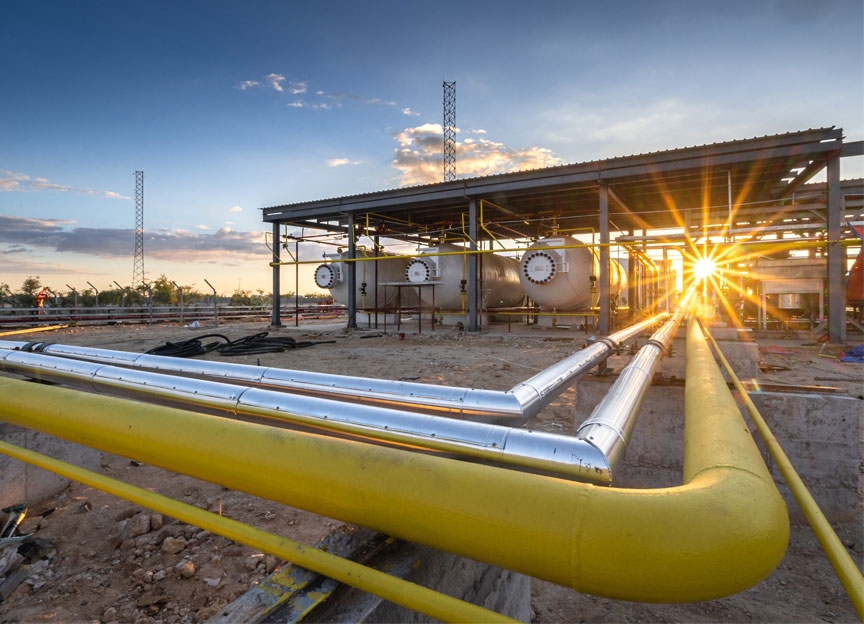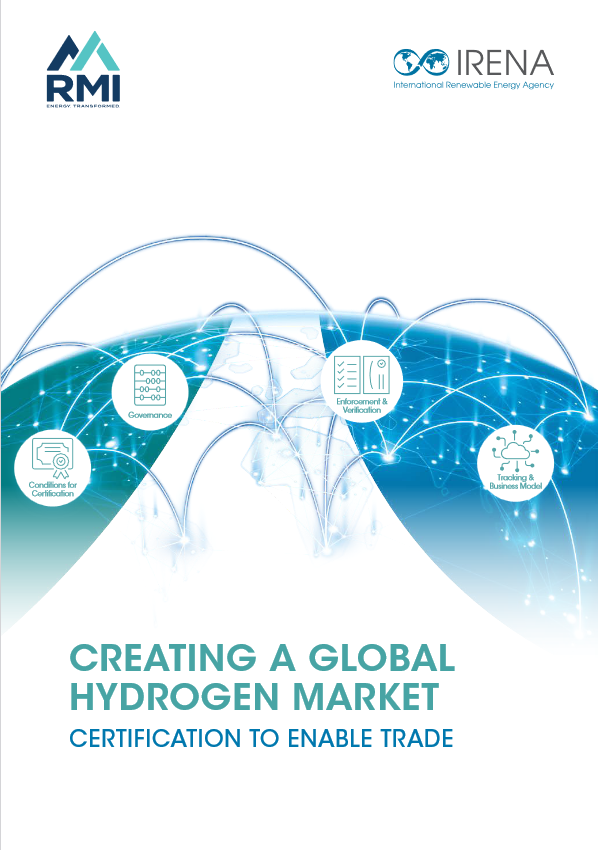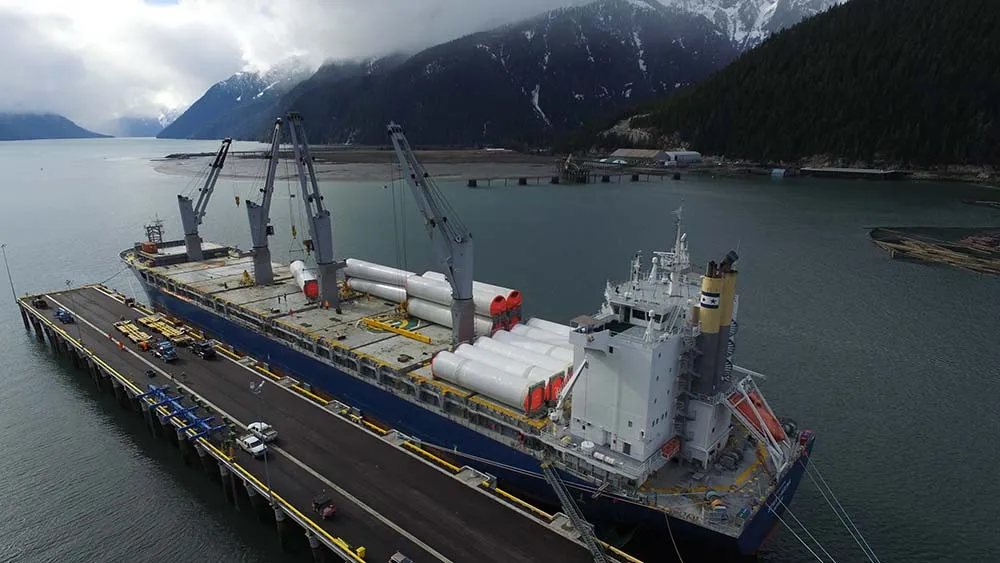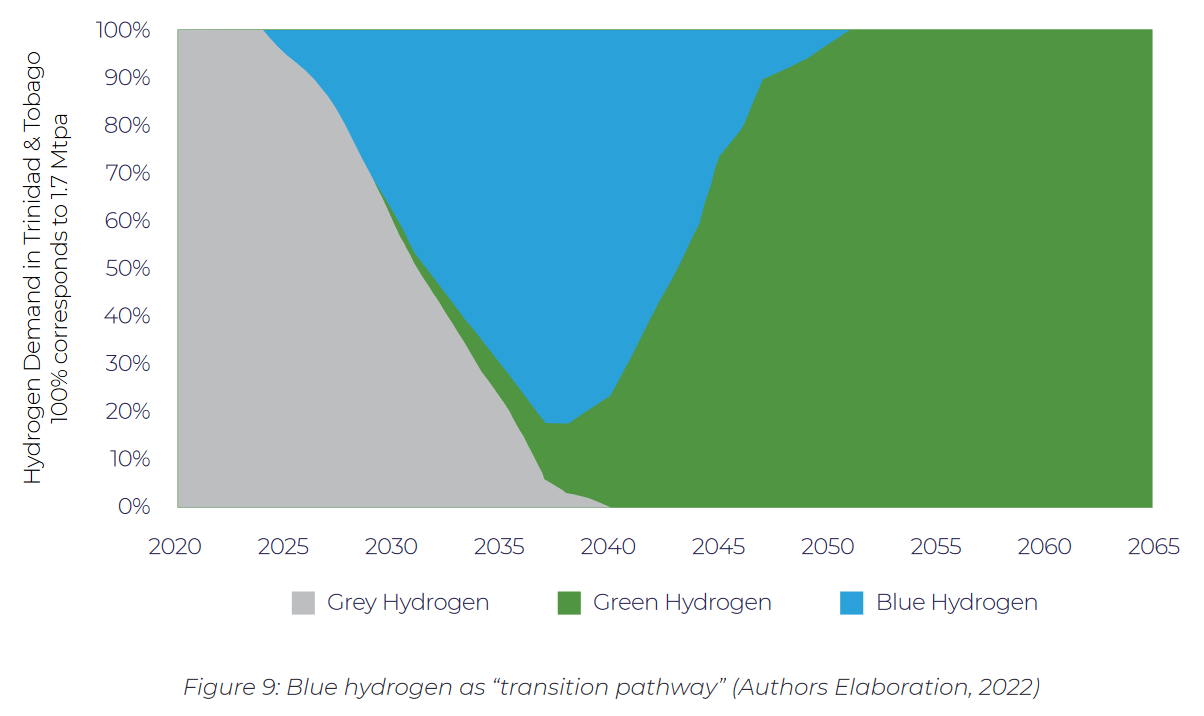UK government releases plans for low-carbon hydrogen certification scheme
The UK government has released a consultation paper outlining its current position on several certification dilemmas, as it works towards launching a fully functioning low-carbon hydrogen certification scheme before 2025. The paper grapples with challenging design choices including chain of custody and scheme participation while emphasising the importance of international collaboration and interoperability.

